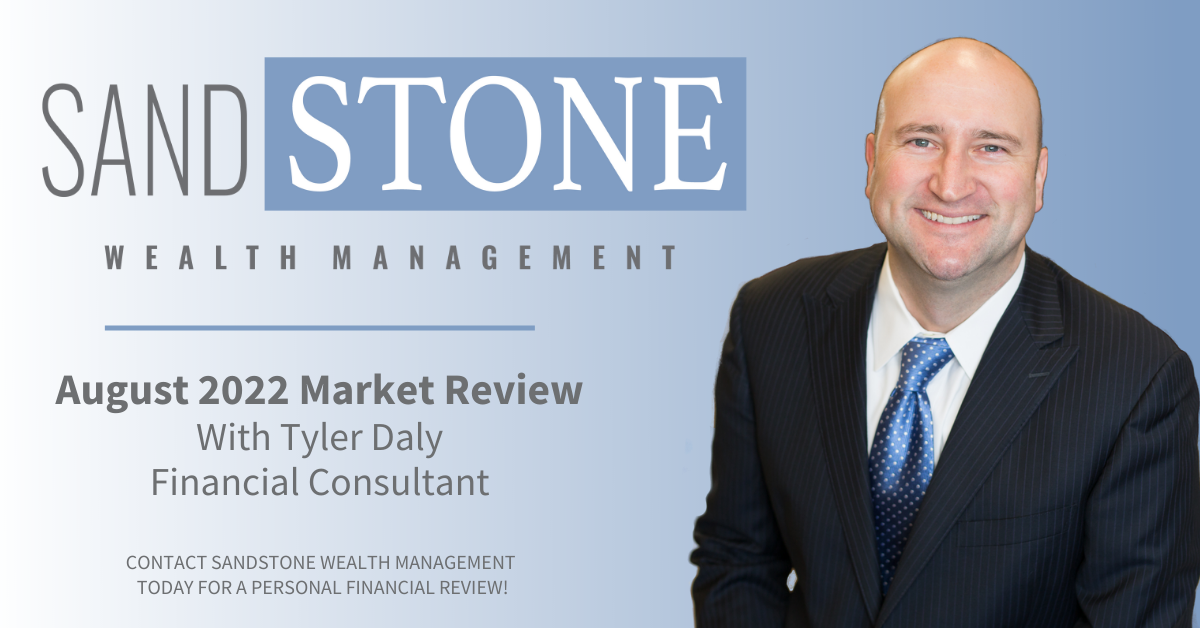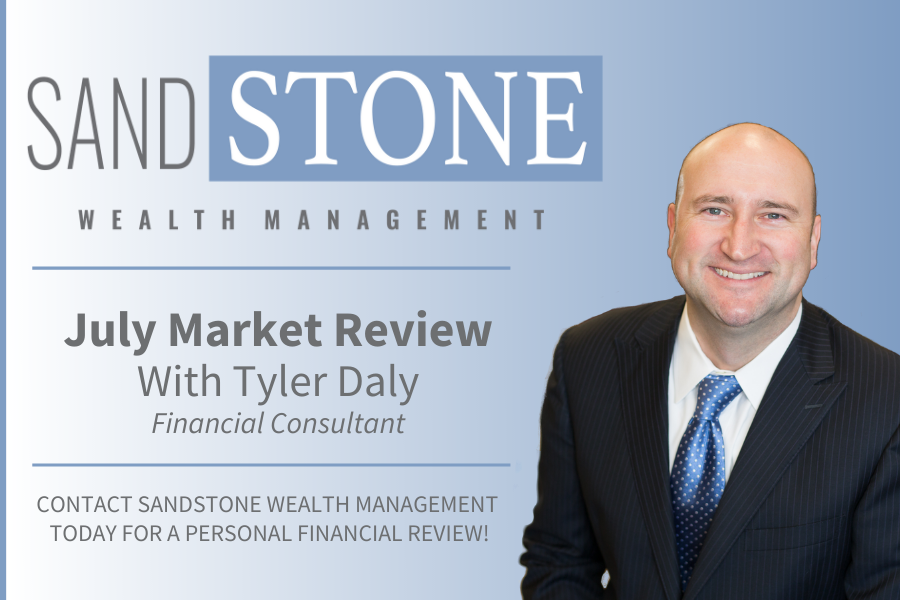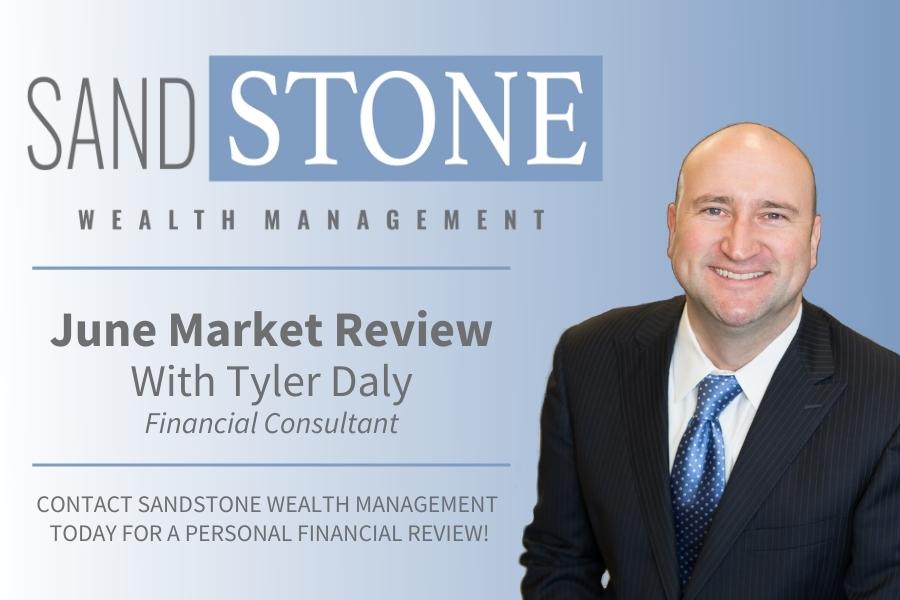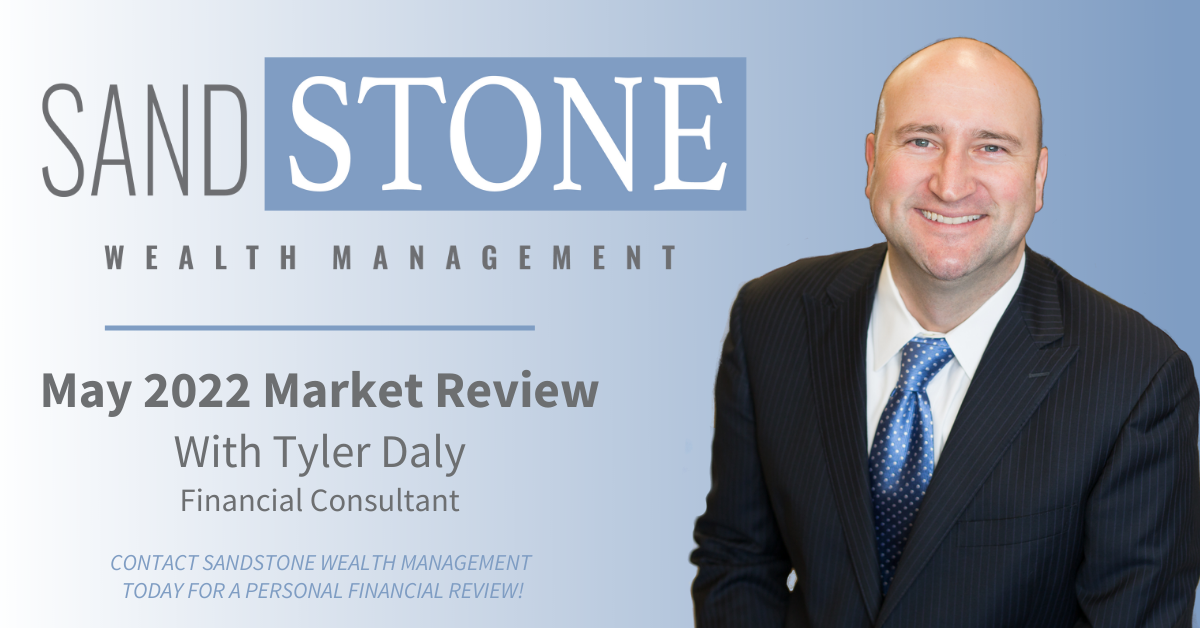 For months prior to the presidential election, investors remained in a holding pattern, poised to see how the domestic and global markets would react. Many international markets saw pullbacks, but U.S. stock markets surprised to the upside, rewarding investors after showing signs of volatility in pre-trading hours following Election Day. The domestic market rally after the election favored small- and mid-cap stocks, and the momentum saw all three major domestic stock indices end November in positive territory.
For months prior to the presidential election, investors remained in a holding pattern, poised to see how the domestic and global markets would react. Many international markets saw pullbacks, but U.S. stock markets surprised to the upside, rewarding investors after showing signs of volatility in pre-trading hours following Election Day. The domestic market rally after the election favored small- and mid-cap stocks, and the momentum saw all three major domestic stock indices end November in positive territory.
Adjusting for inflation, consumer spending rose at a 2.8% annual rate stronger than the 2.1% pace that was initially reported. Holiday sales also appear strong as Cyber Monday sales topped last year’s by 12%, setting a new record, according to Adobe Digital Insights. Overall holiday retail sales are up 7.6% over last year. Job growth is expected to remain relatively strong in the near term, but appears to have slowed somewhat in 2016 as the labor market has tightened.
Below are additional thoughts on various factors that are influencing the domestic and global markets:
Economy
- The U.S. economy appears in good shape as we wrap up the year, according to Raymond James Chief Economist Scott Brown. Third quarter GDP growth was revised upward from 2.9% to 3.2%, largely on the back of household spending and a surge in soybean exports, which is unlikely to be repeated.
- Job growth has remained relatively strong. Job and wage growth should provide support for consumer spending growth.
- Now that the election is over, investors have turned to the 2017 outlook. Many anticipate that significant fiscal stimulus will boost economic growth. However, the economy may be restrained by demographics (aging population, slower labor force growth) – in which case, stimulus would lead to higher inflation or asset price bubbles.
- Consumer confidence rose to its highest level since 2007 on increased optimism about the U.S. labor market and economy, according to a report from the New York-based Conference Board.
- Optimism ought to generate some increase in business investment, Brown noted. However, firms have been generally cash rich and corporate borrowing costs have been low, so it’s unclear how much upside exists in capital spending.
- The Federal Reserve is widely expected to gradually normalize monetary policy, and officials could move faster as unemployment and inflation approach the central bank’s goals.
Equities
- The market rally after the election favored small- and mid-cap stocks, but many international markets saw pullbacks.
- Financials, industrials and healthcare led the sector returns as investors anticipate less regulation, explained Nick L. Lacy, CFA, chief portfolio strategist with Raymond James Asset Management Services.
- At the same time, rate sensitive sectors such as utilities, real estate and staples underperformed the broad markets.
- On November 30, OPEC finally reached agreement to reduce oil output, spurring a potent rally in the oil market. Oil prices are still being pressured by a strong dollar and high global inventories, according to Pavel Molchanov, senior vice president, energy analyst.
- Even after the post-OPEC rally, the Raymond James Energy Group forecasts further oil price recovery into 2017. Meanwhile, several wildcards remain in play, such as the (bullish) possibility of additional supply disruptions and the (bearish) prospect of weaker European demand.
Fixed Income
- A change in fiscal policy, which many hoped for, is upon us, according to Doug Drabik, senior fixed income analyst for Raymond James. However, it’ll take time for changes to be realized and more importantly, any stimulus to filter through and provide economic growth. The combination of a same-party president and congress with anticipated fiscal platform could mean that it’s time to plan for a general interest rate reversal. However, global interest rate disparity, demographics, dollar strength, and timing of changes all stand to temper any over-the-top rate run.
- Proposed tax cuts and fiscal spending also could heighten potential inflation, lowering bond prices and spurring yields to rise, according to Lacy. Corporate tax cuts stand to improve corporate profitability and thus improve price-to-earnings ratios which are good for the market. Fiscal spending combined with reduced revenues will increase the budget deficit providing heightened risk for inflation and higher interest rates, Drabik noted.
- It is likely that the Federal Reserve will hike short-term rates in December.
Global
- Europe’s challenges remain real but pessimism has already been priced in, according to Chris Bailey, European strategist, Raymond James Euro Equities*. Also apparent during the last month has been the first inflow into European equities from global fund managers in 2016. This may well reflect the sheer extent of cumulative year-to-date outflows of around $100 billion but is a welcome indication that European equities could start to recapture some of their previous luster as long as political and economic concerns remain under control.
- On that note, Europe is facing yet another referendum. This time in Italy on constitutional matters. The direction of the vote could force the prime minister to resign, which would be another blow to incumbents in Europe.
- In Germany, Angela Merkel plans to run again, which is good news for European political continuation. Meanwhile, it looks like the UK has pushed out the timetable for its withdrawal from the European Union.
*An affiliate of Raymond James & Associates and Raymond James Financial Services
Bottom Line
- With the election more or less settled, investors are looking toward 2017.
- The economy is on track for moderate growth next year.
- We’ll continue to watch for legislative changes or economic shifts that could affect your financial plan.
An election of this magnitude certainly warranted your attention. It was probably hard to ignore. But, it’s important to remember that even major elections don’t often influence the markets – one way or the other – over the long term. Time should prove that disciplined investors who stay the course are likely to be the real winners.
As we head into the end of the year, please let me know if you have any questions about market events or how to position your long-term financial plan for the coming year. I look forward to speaking with you.
Sincerely,
Tyler Daly
Financial Advisor
Raymond James Financial Services, Inc.
*Investing involves risk, and investors may incur a profit or a loss. Past performance is not an indication of future results and there is no assurance that any of the forecasts mentioned will occur. Investors cannot invest directly in an index. The Dow Jones Industrial Average is an unmanaged index of 30 widely held stocks. The NASDAQ Composite Index is an unmanaged index of all common stocks listed on the NASDAQ National Stock Market. The S&P 500 is an unmanaged index of 500 widely held stocks. The MSCI EAFE (Europe, Australia, Far East) index is an unmanaged index that is generally considered representative of the international stock market. International investing involves additional risks such as currency fluctuations, differing financial accounting standards, and possible political and economic instability. These risks are greater in emerging markets. The performance noted does not include fees or charges, which would reduce an investor's returns.
©2016 Raymond James Financial Services, Inc., member FINRA/SIPC. Securities offered through Raymond James Financial Services, Inc., member FINRA/SIPC, and are not insured by any financial institution insurance, the FDIC/NCUA or any other government agency, are not deposits or obligations of the financial institution, are not guaranteed by the financial institution, and are subject to risks, including the possible loss of principal. Raymond James is not affiliated with the financial institution or the investment center.
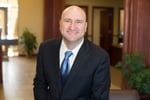
Tyler has been in the financial services industry since 2004 and with Sandstone Wealth Management and Heartland Bank since 2009. He is Series 7, 66 and Insurance licensed to assist his clients with all their investing, financial planning, and insurance needs. Tyler was recently named to the Forbes List of America's Top Next-Generation Wealth Advisor, which recognizes advisors from national, regional, and independent firms. Tyler graduated from the University of Nebraska-Lincoln with a Bachelor’s Degree in Diversified Agriculture and was born and raised in the Nebraska Sandhills. This gives him an intimate knowledge and understanding of his farming and ranching clients. Tyler is married to Rachel, who earned her Doctorate of Pharmacy from the University of Nebraska. They have two children, Camilla and Cooper. Away from business, he enjoys officiating high school basketball in the winter as well as golfing and team roping in the summer.

